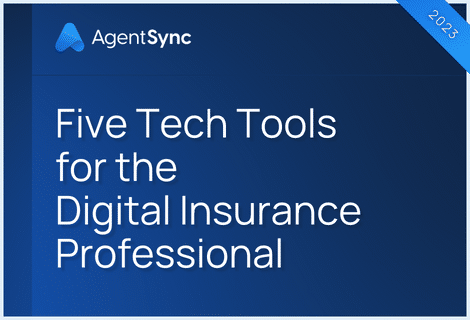

The bigger the risk, the bigger the insurance policy. And the more expensive the premium. If you’re trying to insure something you can’t afford to lose, but don’t have cash on hand, insurance premium finance companies can help. Learn more about what premium financing companies are and what they do in this insurance 101 piece.
The rising cost of insurance premiums
Insurance industry analysts and experts have been talking about the hardening of the insurance market since before COVID-19. Rising costs (ahem: inflation) and increasing numbers of catastrophic events are just a couple of factors playing into the rising cost of insurance premiums. A hard insurance market means it costs more to get the same amount of coverage, compared to times when the market is “soft.” It also means insurers are more cautious about the risks they take on. Combined, this can make it more difficult to get insurance, or make the cost prohibitively expensive for some policies.
What types of insurance need premium financing?
We’re generally not talking about your everyday personal lines like auto, homeowner’s insurance or renters insurance. For most people, even if we don’t love our rates going up, we can manage to make the monthly installments for the insurance policies required by law, by our mortgage company, or by our landlords.
Premium financing, and thus premium finance companies, comes into play for extremely large policies, typically commercial lines of insurance. High-net-worth individuals also may take advantage of premium financing for large or unusual life insurance policies.
How does premium financing work?
Financing an insurance premium is similar to financing other large purchases. Instead of the policyholder paying cash upfront for an insurance policy, they take out a loan, usually through a third-party company known as a premium finance company.
The premium finance company pays the insurance premium and the policyholder pays the loan back with interest. In some cases, insurance carriers, agencies, or brokerages may partner with financial services companies or even create their own subsidiary financial services companies, in order to keep the premium finance business in-house. But, most commonly, those providing or selling insurance will have customers work with a third party to secure financing.
Like everything in the world of insurance, there are a litany of caveats, rules, exceptions to rules, and (of course) government regulations surrounding premium financing arrangements. In most if not all U.S. states and territories, you’re going to need a specific license to do business as a premium finance company. It is explicitly illegal, in Texas, for example, to act in the capacity of a premium finance company without a license. So, just in case you were thinking of personally loaning someone a large amount of money to pay off their insurance premium, don’t do it!
What are the benefits and advantages of financing insurance premiums?
Imagine you have a boat that’s worth $100 million. You definitely want to make sure that boat’s insured against all possible losses because you may not have a second $100 million sitting in the bank ready to replace it. It’s also possible that you spent every bit of money you have on this boat, so now you can’t afford a $250,000 per year insurance premium. Or maybe you could pay that premium, but it would mean liquidating assets you aren’t ready to part with.
This is the primary benefit of securing premium financing. You can have your boat, and eat it too (or, something like that?). That is, you can insure your very large assets without spending every bit of money you have to do so. This eliminates the missed opportunity cost for businesses with large amounts of money under management, who would prefer to keep that money invested as long as possible for the greatest ROI.
For large life insurance policies, the death benefit is often used to pay off the premium financing, which is an even bigger advantage for people who want to take out large life insurance policies without losing the benefits of managing their money and earning gains from it in the short-term.
What are the down sides of insurance premium financing?
There are also some risks to financing insurance premiums. These include:
- Carrier credit ratings: If the insurer’s credit rating goes down, a premium finance company may refuse to continue the policy.
- Interest rates: Interest rates can be volatile, so there’s no guarantee your premium finance arrangement will continue to have favorable rates over time.
- Negative returns: It’s entirely possible that you could lose money by choosing to finance insurance premiums if the money you have is earning less ROI than your interest rate with the premium finance company.
- Lender and renewal risks: What happens if the premium finance company you’re with goes under?
All of these considerations, and more, are reasons to do your homework before deciding on premium financing.
Despite the risks, premium finance companies play a major role in the insurance industry. They allow personal and commercial lines clients to afford the coverage they need without some of the downsides of paying large upfront premiums.
Our insurance 101 content is meant to help you and your employees get up to speed more quickly on everything related to the insurance industry. If you’re looking for ways to help producers and other staff even more, see how AgentSync’s producer onboarding and license compliance management solutions can do that too!

